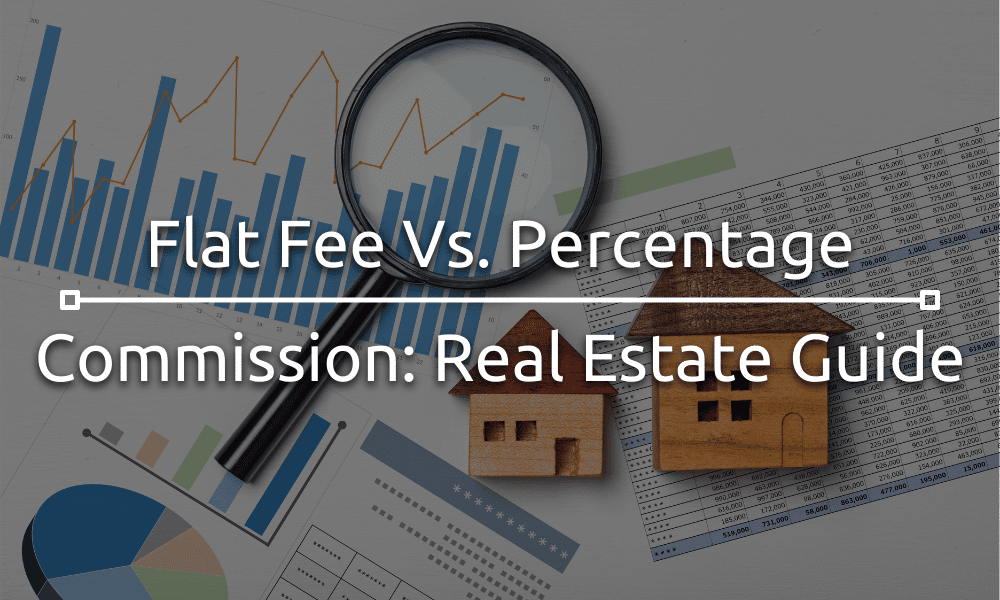There’s no way around it, to successfully sell a property, a good real estate agent needs to be involved. Whether you’re selling your home, or considering a career in real estate, there are some facts you should be aware of.
One of the most important of these is how many houses the average agent sells in a year. It’s crucial to understand what is typical in the industry to know how an agent stacks up, or what you can expect to earn.
The reality is, this number can vary greatly. First of all, there are over 2 million licensed real estate agents in the United States. About 75% of those agents have taken the additional step of becoming Realtors and joining the National Association of Realtors (NAR).
There are those agents that are licensed, but real estate is not their full-time career. Maybe they have a friend or family member looking for a house so they sell one a year.
Then you have those that can only be described as overachievers. The agents that utilize the advantages of today’s technology to sell thousands of properties a year. That’s right, thousands.
Of course, we’re talking about the extreme ends of the spectrum. If every agent only sold one house a year, it wouldn’t be a very fulfilling venture. There certainly wouldn’t be millions of agents out there. If you had multiple agents consistently selling 6,000 houses a year, there wouldn’t be enough listings to go around.
While it’s difficult to look at the average for every licensed real estate agent, we can look at the numbers provided by NAR. Here are the industry metrics that indicate the number of transactions an average Realtor is involved in per year.

Annual sales of a Realtor
According to NAR, the average Realtor completes a median of 12 residential transactions annually. However, it’s important to keep in mind that this doesn’t necessarily indicate how many houses the average Realtor sells. A completed transaction can mean the agent assisted on either the buyer’s or seller’s side.
For every real estate transaction, there are two sides. One is the agent that represents the buyer, and of course the other one is the agent that represents the seller. On occasion, the same agent may represent both the buyer and the seller. In this instance, that Realtor would earn the commission from both sides.
When NAR compiles these numbers, they don’t differentiate between the two. They look at transactions singularly, and don’t isolate the number of homes sold or helped purchase.
The breakdown between transactions will clearly vary from agent to agent. However, for the sake of determining the amount of homes sold, we’ll assume it’s 50% each. So, if we use the median transactions, that means six assisting the buyer, and six homes sold.
Part-timers sell fewer homes
While this may go without saying, it’s important to mention that agents who choose not to work full-time in real estate tend to sell less houses. While this may come as a bit of surprise, according to NAR, the average Realtor only works 35 hours per week and earns just over $54,000 a year.
These numbers don’t include those Realtors that aren’t actively involved in real estate. The figures only take into account those agents completing transactions, not all licensed Realtors.
If an agent sells less than four homes a year, they’re most likely a part-timer, or real estate is little more than a hobby for them. Maybe they only got licensed to help out folks they know when it comes time to buy or sell a home. It could be an after work activity, or a side gig.
It’s also possible that someone has chosen real estate as a second career. They may be a retiree that got licensed to pass the time or earn a bit of supplemental income. Or, it might be that it’s a full-time agent who hasn’t found their footing yet.
Some agents sacrifice the amount of sales for higher commissions
We can’t completely measure the success of an agent by the amount of homes they’ve sold. At least not if we’re looking at it from a financial perspective. In the vast majority of cases, Realtors make their money by collecting a commission.
Currently, the average commission paid on a transaction is 5.8%, which is collected by the listing agent, who is the person representing the seller. That money is split with the buyer’s agent. The broker on both sides of the transaction then takes a percentage.
There are a couple of ways a real estate agent can leverage commission to their advantage when selling a home. The first is to negotiate a higher commission. This can mean a higher percentage charged to the home seller, or a larger split with their brokerage.
The other way would be to focus on higher priced homes. The more the home sells for, the more commission they’ll earn. Certain agents may be willing to refuse three $200,000 listings for a single $600,000 sale.
While these approaches may seem to make sense when discussing how much a Realtor will earn, there is a tradeoff. Especially when we’re talking about someone early in their career. Taking this route can lead to losing valuable experience in the sales process.
There are far less opportunities in the luxury real estate space. Additionally, with the increasing popularity of discount real estate brokers, many sellers are less likely to be willing to pay full commission.
Selling less homes at a higher listing price, or for more commission does not make someone a better agent. In fact, it may be just the opposite.

What about discount real estate agents?
In the discount real estate broker model, like the one used by 1 Percent Lists, the listing brokerage charges a discounted commission rate. Despite the reduced amount on the seller’s side of the transaction, the broker representing the buyer may still charge full commission. Typically somewhere between 2.5%-3%. Even so, this can be a significant savings for a seller.
Reduced commission does not mean reduced service
There’s a common misconception that a reduced rate translates to a reduced level of service. While you should certainly make sure to select a brokerage wisely, whether to sell your home or when deciding who to work for, in most cases this isn’t true. Unlike flat fee brokers, most discount real estate agents provide the same services that a full-priced brokerage will offer.
A full service, discount real estate broker will still offer market analysis, list homes at the correct price, and negotiate the sale. They don’t simply list properties on the MLS and hope for the best while other homes in the area sell.
But, how?
If this sounds like a great deal, that’s because typically it is. But, if a discount broker offers all these same services of a traditional brokerage, why would they charge a third of the price?
Through streamlined processes and use of technology, discount brokers are in many instances able to sell homes faster. By charging lower commissions, discount agents are able to obtain more listings.
Having more listings means the ability to close more deals. This is why, on average, discount real estate agents sell more homes annually than other agents. By selling more homes, these agents are not only able to make more money. They’re also able to gain invaluable experience.
As an example of why this is so important, let’s look at this way. If you were to choose a surgeon, would you want one that performed six surgeries a year, or twenty? Even if they had been practicing for the same amount of time, you’d probably choose the one that does twenty surgeries a year.
Additional advantages
Another distinct benefit discount brokers offer is for those looking to take the next step in their real estate career. If you were thinking of starting your own brokerage, investing in a discount real estate franchise can be a cost effective and lucrative option.
Also, reduced commission rates don’t mean that the houses sold will have a lower listing price. If someone can receive full-service sales experience for considerably less money, why wouldn’t they choose to sell with a discount broker? This is why it’s easy to find many luxury properties listed with discount brokerages.
By buying a discount real estate franchise, a broker will have built-in branding, less overhead, and save on franchise fees. In addition, they are able to acquire more listings leading to more sales for themselves and agents.
Summing it up
The number of homes a real estate agent sells in a year can vary widely depending on a number of factors. While some agents may sell dozens of homes per year, others may sell only a handful.
However, working with a discount real estate broker can be advantageous for both sellers and agents. For sellers, it can mean lower commission fees and potentially faster sales. For agents, it can mean more listings, which leads to more sales, and more money.
Additionally, for those real estate professionals looking to venture out on their own, a discount brokerage can provide a cost effective option to have control over their own business. It also gives them the opportunity to attract clients who are looking for a more affordable option.





